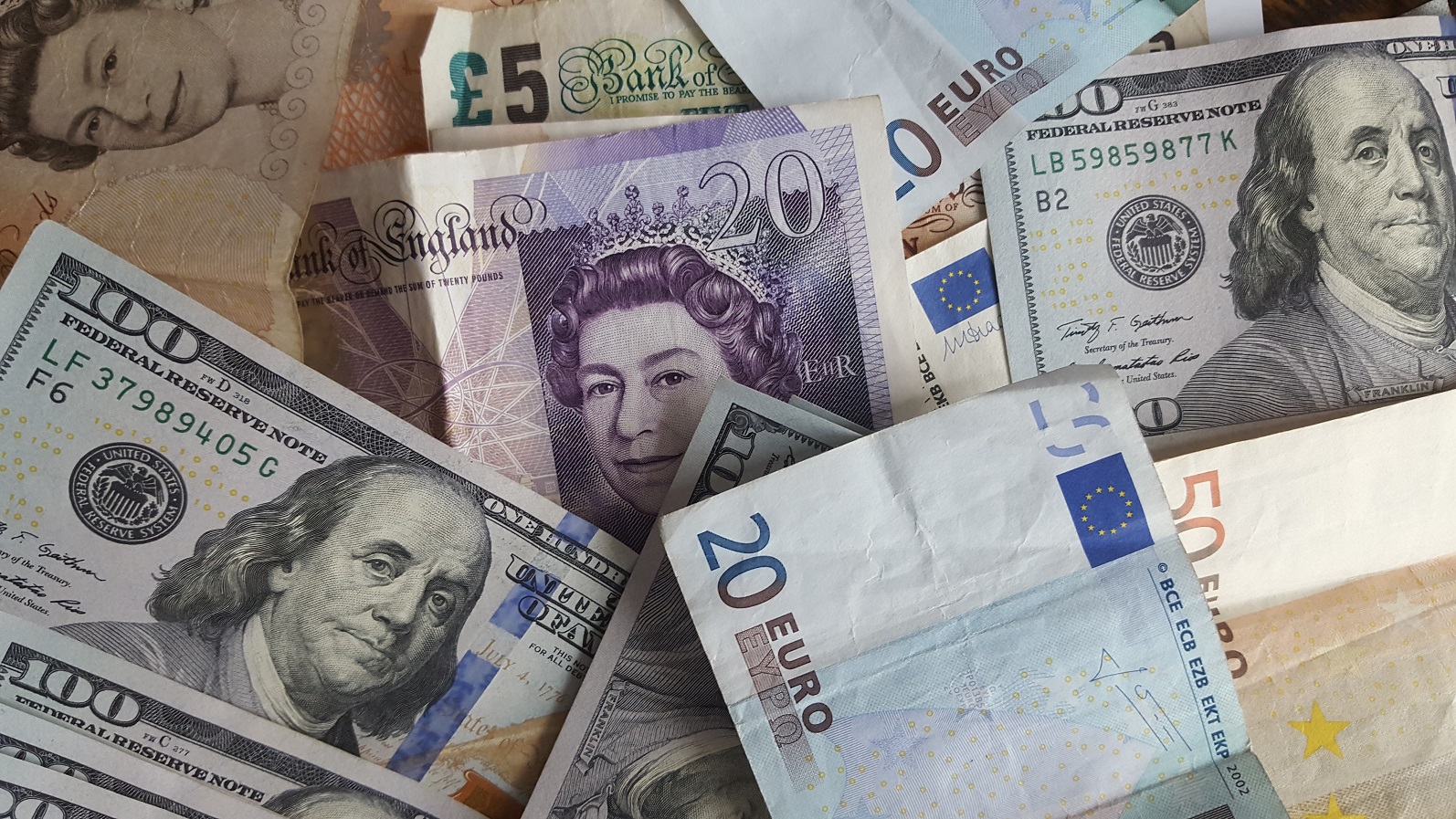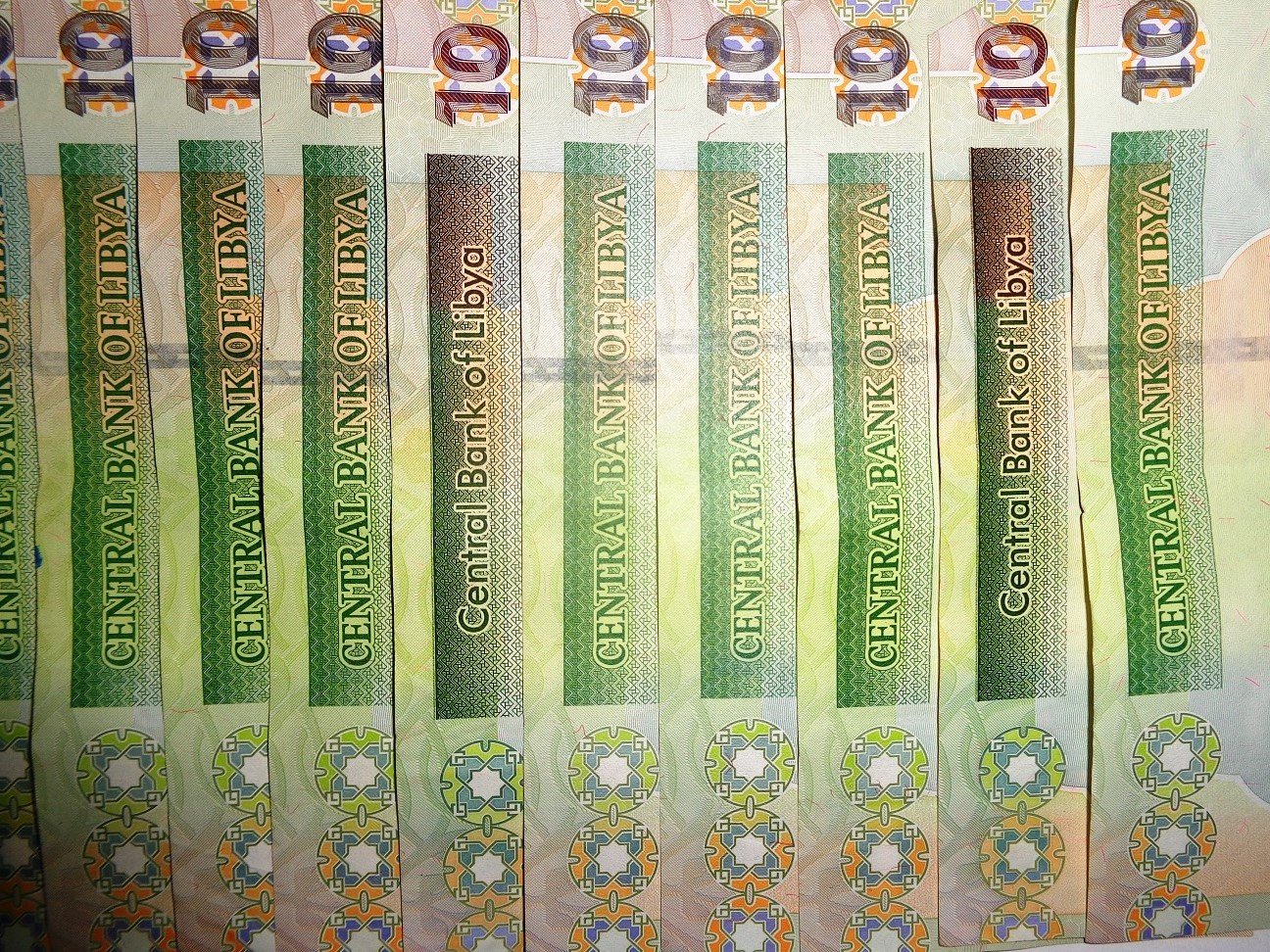The public blame game has continued between the Tripoli based Libyan prime minister, Abd Alhamid Aldabaiba, and Saddek El-Kaber, the Governor of the Central Bank of Libya (CBL).
The imposed 27 percent surcharge / levy on official foreign exchange (FX) sales is the topic of the hour in Libya as overnight citizens’ purchasing powers and quality of living have been slashed.
In a widely leaked letter from El-Kaber to Aldabaiba, replying to the latter’s comments during a televised address, El-Kaber said that promoting an ideal image of the national economy without guidance to reality threatens the interests of the nation, the citizens, and the future.
He said the ill-considered expansion in government spending increases pressure on the exchange rate and inflation rates.
El-Kaber added that this ill-considered expansion in government spending resulted in an increase in the money supply by more than 30 billion dinars in 2023, reaching 160 billion dinars, and an increase in demand for foreign exchange.
He further stated that total spending during the year 2024 is expected to exceed 165 billion dinars, most of which is consumer spending.
Governor El-Kaber said the total expected revenues during the year 2024 are about 120 billion dinars, including 5 billion dinars in other sovereign revenues and 115 billion dinars in oil revenues, according to data from the National Oil Corporation.
Aldabaiba responds again
Yesterday, Aldabaiba responded again in his speech during the launch of Misrata’s First Ramadan Festival.
Referring to House of Representatives (HoR) Speaker Ageela Saleh, he said that it is unfortunate that through an individual decision, the decision to impose a tax on the sale of foreign exchange, they (Saleh and El-Kaber) want to steal 26% from Libyans’ pockets, their savings, and their salaries. We must say no to this decision, whatever the cost to us, he insisted.
And responding to El-Kaber’s accusation that Aldabaiba is ‘‘promoting an ideal image of the national economy without guidance to reality threatens the interests of the nation, the citizens, and the future’’, Aldabaiba said: ‘‘I reiterate that Libya is fine.”
Aldabaiba is ready to be held accountable
They (the CBL/Saleh) want to keep us in the dark as they oppressed us for ten years, he added. Billions were lost from the accounts of the Central Bank in previous years, and no one held them accountable, he claimed. Today is the time of reckoning, and Libyans must hold accountable those who squandered our money. 80% of what our government spent went into the pockets of Libyans, he explained and the rest we built roads with it. Finally, he said whoever wants to come and hold me accountable, please do so.
Analysis: Aldabaiba is setting his stall?
Ironically, Aldabaiba could find himself in a win-win situation. He is very busy publicly displaying his opposition to the 27 percent FX sales levy and inflaming public opinion against it. This is to cover himself politically if the decision backfires. He wants the blame, and any resultant fallout, to lie squarely at El-Kaber’s (and partly at Saleh’s) feet.
On the other hand, if the general public, including the main power centres – and the powerful militias – do slowly but surely accept the levy, it will stabilise the economic and monetary position of Libya. El-Kaber has allowed himself wriggle room in setting the FX levy.
However, if Aldabaiba can ride the storm and cling on to power long enough and come out with a stronger Libyan economy – he could steal all the glory and take credit for it. It’s a big if.
The straw that breaks El-Kaber’s back?
On the other hand, for Governor El-Kaber: could this be the final straw that breaks the camel’s back? Could this be the breaking point for ‘‘Teflon El-Kaber’’ who, with international backing and playing off Tripoli governments versus eastern based governments and the eastern based HoR, has survived all attempts to replace him. He has been CBL Governor since the 2011 revolution that ousted the Qaddafi regime.
How can El-Kaber row back from this crisis? What is his plan b if the FX sales levy hits citizens very hard in the short term and pushes them over the edge into public (or even armed) agitation?
How will the international community react to a discredited El-Kaber
How will the international community react if his continued presence threatens to destabilise the uneasy stability built since Aldabaiba found a compromise with Hafter and ended the west-east war.
When does El-Kaber become, for the international, community dispensable?










